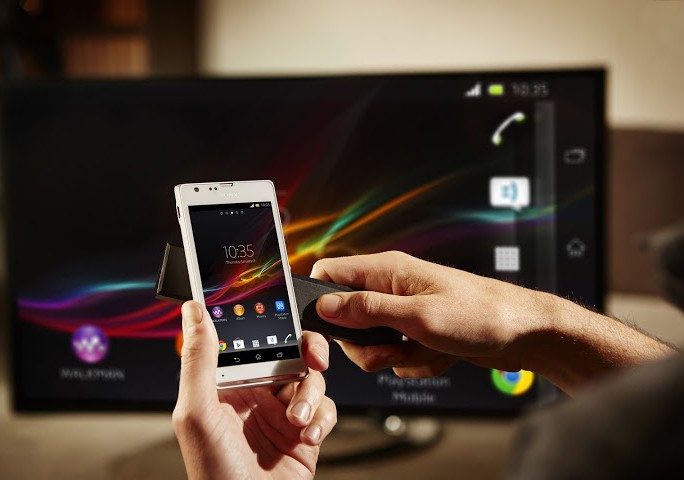4G Freeview Interference To Affect Fewer Than 90,000 Households

At800 lowers its 4G Freeview interference projections after 800MHz tests
At800, the joint-venture created by winners of 800MHz bandwidth in the recent Ofcom spectrum auction, has said that fewer than expected households will experience disruption to their Freeview TV signals once 4G services at 800MHz are launched alter this year.
The organisation said no more than 90,000 households could be affected, a figure far lower than the initial 2.3 million that were feared to be at risk, following tests carried out around the country.
It had been thought Freeview would be susceptible to interference from 4G at 800MHz because Digital Terrestrial Television (DTT) signals are transmitted on adjacent 700MHz spectrum. However tests in London, York, Brighton and the West Midlands have so far suggested the impact will be minimal.
4G Freeview interference
 All issues that could be attributed to 4G were in TV systems with signal amplifiers and were either in communal blocks or domestic installations where an amplifier was attached to the aerial. The problems were resolved by the installation of a filter between the aerial and the amplifier.
All issues that could be attributed to 4G were in TV systems with signal amplifiers and were either in communal blocks or domestic installations where an amplifier was attached to the aerial. The problems were resolved by the installation of a filter between the aerial and the amplifier.
At800 will now send postcards to households in London and the surrounding areas in preparation for the installation of 4G masts over the coming weeks and months, as well as in other parts of the UK. It has said it will help resolve any issues, no matter what the scale of disruption eventually is.
The UK’s only current 4G network operated by EE does not affect Freeview TV because it uses 1800MHz bandwidth, but all major UK operators won 800MHz spectrum in the auction.
Three, Vodafone and O2 are all expected to launch rival LTE services later this year.
Are you up to speed on 4G? Try our quiz!